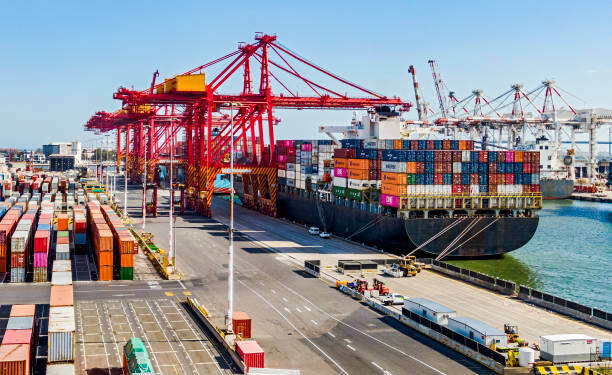Port of Seattle Commissioner Sam Cho is raising alarms over the lingering effects of the Trump administration’s tariffs, stating they’ve delivered a substantial blow to West Coast trade operations—especially at the Port of Seattle.
The tariffs, introduced as part of the former president’s trade war with China, have led to a noticeable decline in cargo volume, disrupting not only maritime activity but also the trucking, warehousing, and broader supply chain infrastructure that relies on steady port throughput.
Commissioner Cho emphasized that the tariffs have ripple effects far beyond the docks. With fewer imports and exports, jobs across logistics, freight handling, and port services are at risk. “The slowdown in activity directly threatens the livelihoods of thousands of Washington residents,” Cho warned.
Businesses across Seattle and King County are seeing economic fallout, particularly those that depend on international goods for manufacturing and retail.
In an effort to stabilize operations, the Port of Seattle is now exploring alternative trade routes and diversification strategies to reduce reliance on affected markets. Cho noted that proactive planning is critical to prevent further damage from global trade disruptions.
He also stressed the importance of federal collaboration, arguing that localized mitigation alone won’t solve the structural issues caused by national policy shifts.
The Pacific Northwest has long been a key hub for international trade, particularly with Asia. But with U.S.–China relations remaining tense, the path to economic recovery for ports like Seattle remains uncertain.
Cho called on policymakers to consider the broader economic consequences of tariffs and to develop a more balanced approach to global trade, one that safeguards both national interests and regional economies.







